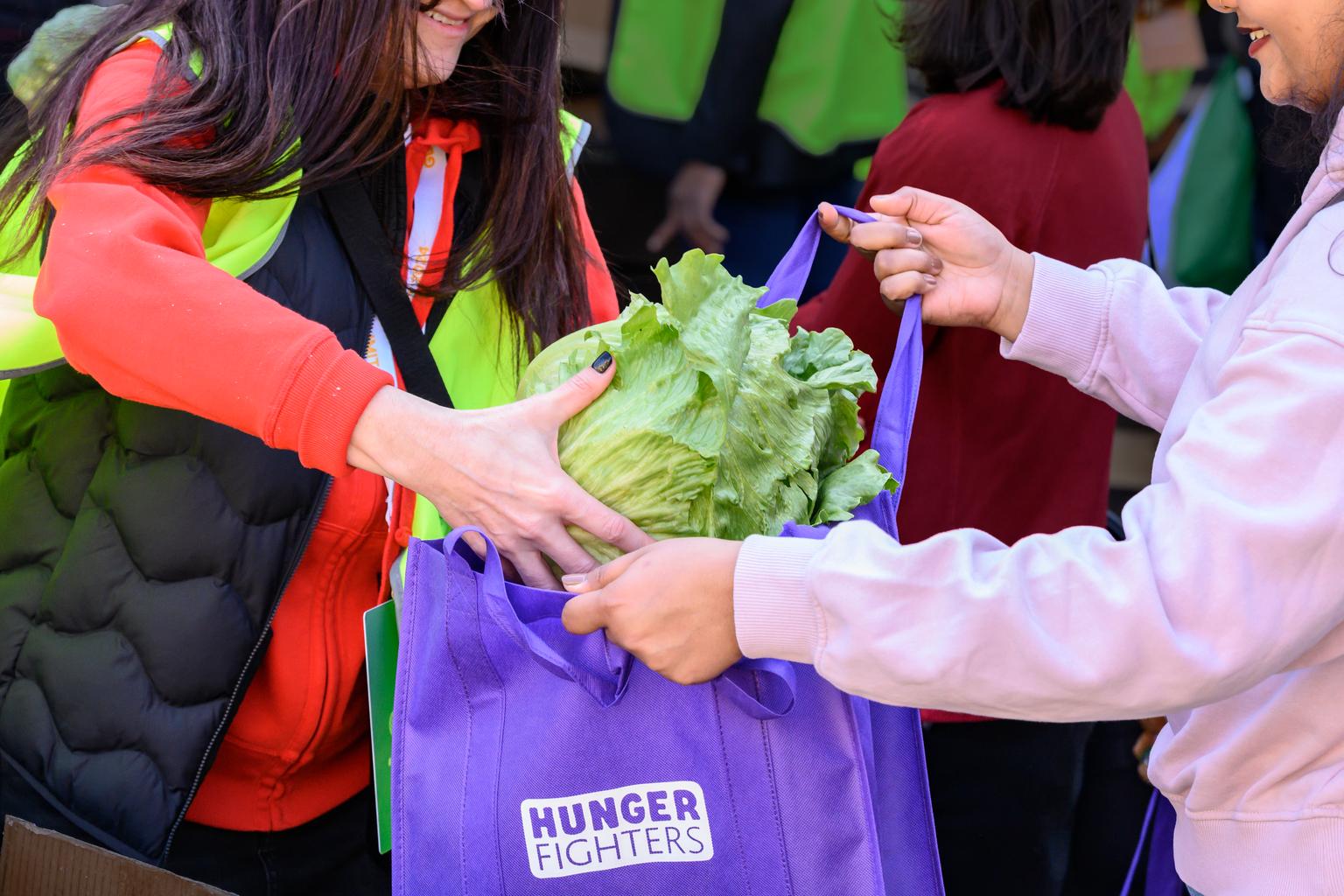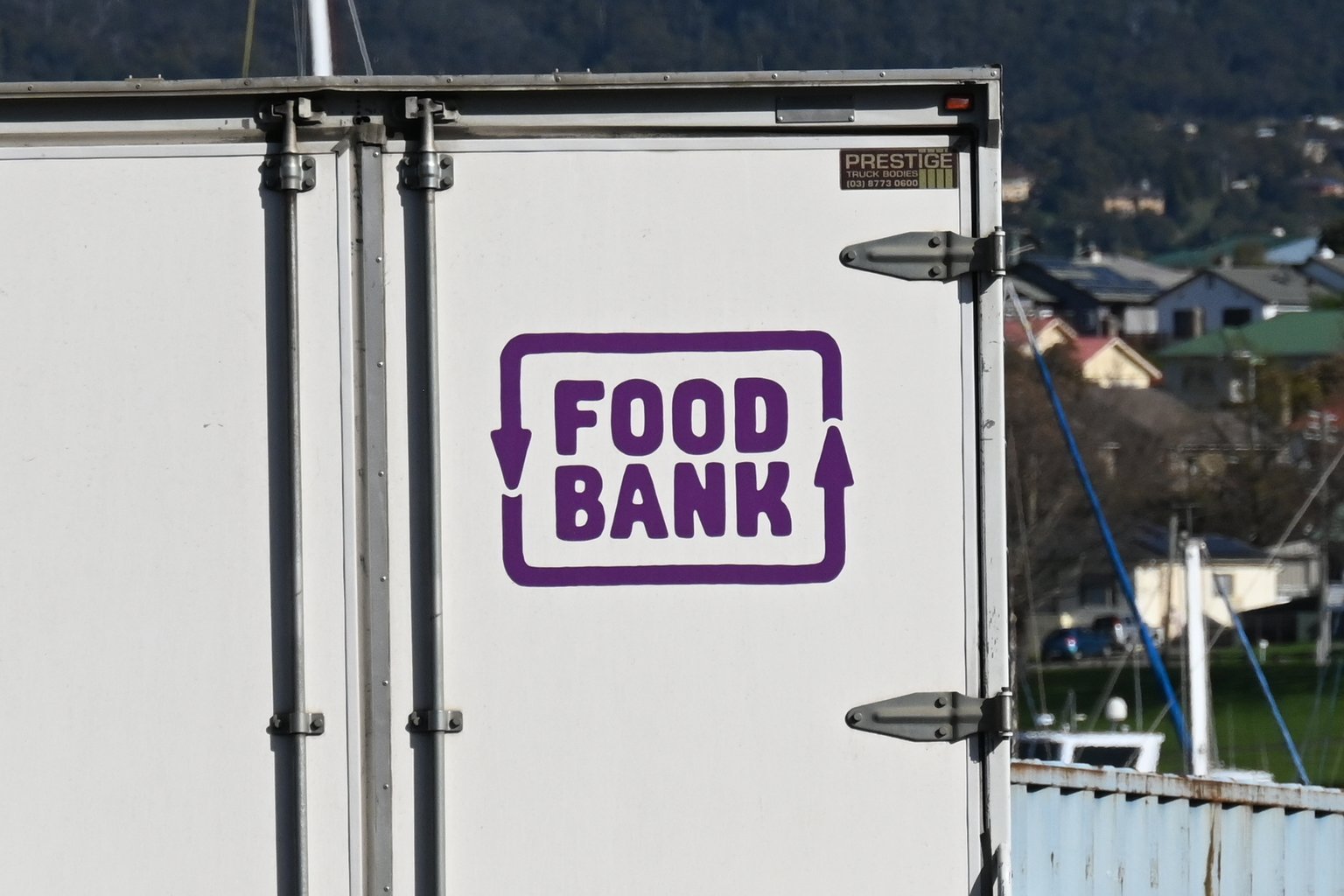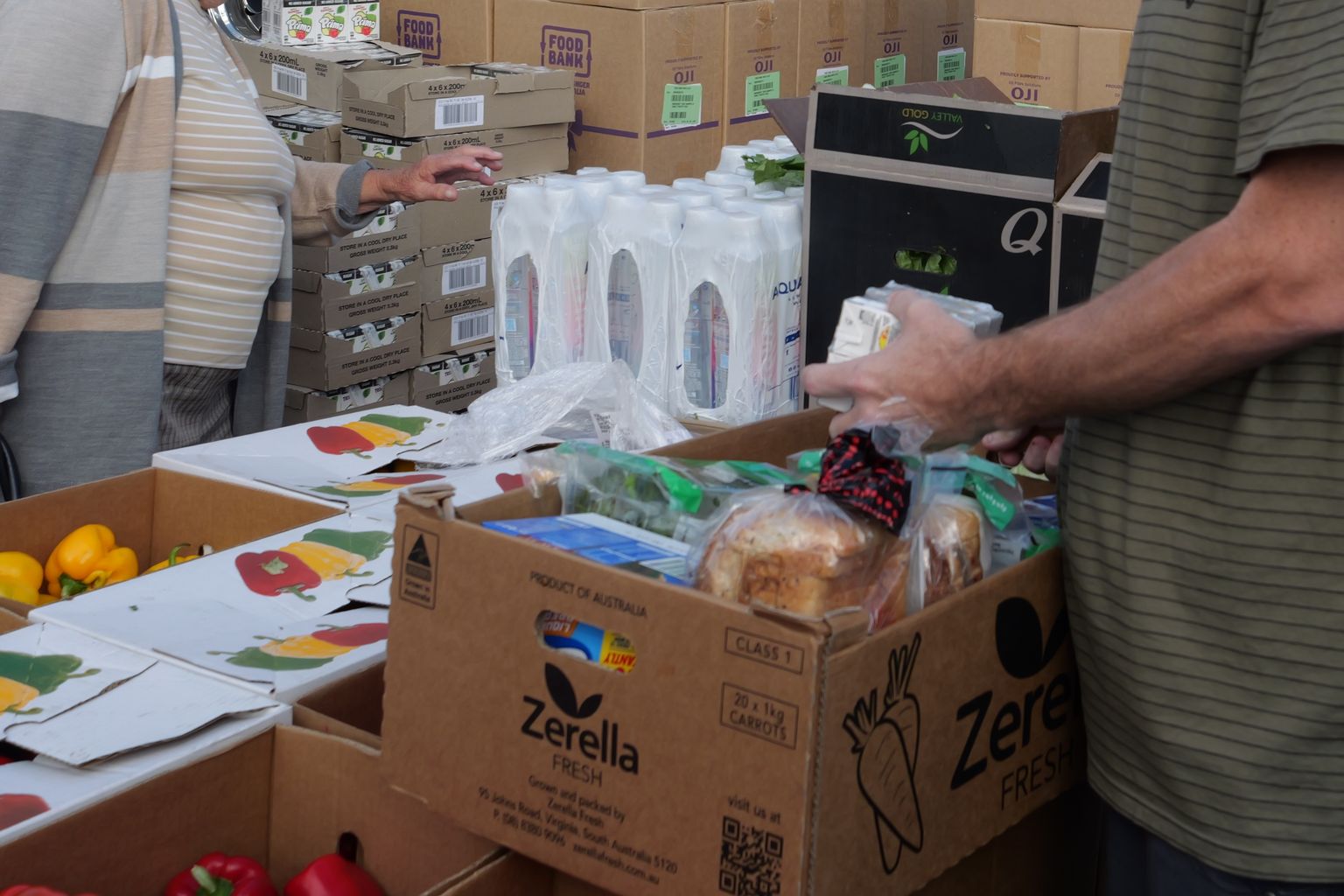A third of Tasmanian households have struggled to put food on the table in the past year, as the state’s hunger crisis deepens despite easing inflation and recent interest rate cuts.
The Foodbank Hunger Report 2025, released on Wednesday, found 33% of households – around 81,000 – experienced food insecurity over the past 12 months.
That means they either struggled to access food or worried about where their next meal would come from.
Almost a quarter of all households faced severe food insecurity, regularly skipping meals or going entire days without eating.

The findings challenge the myth that hunger only affects the unemployed or homeless, with regional areas hit hardest.
Across Tasmania, 36% of regional households reported food insecurity, compared with 30% in metropolitan areas.

Foodbank Tasmania chief executive Cameron Johns said the figures represented “the reality for far too many Tasmanians”.
“Our charity partners are seeing increased demand and Foodbank is doing everything we can to supply them and our school breakfast programs with nutritious food for those in need,” he said.
Nationally, 3.5 million households went hungry in the past year.
Single-parent households (68%), those including someone with a disability or health condition (67%) and renters (48%) were among the most at risk.

Foodbank Australia chief executive Kylea Tink said food insecurity “doesn’t discriminate”.
“Australians are doing everything right: working, budgeting, seeking help – yet still going hungry. This is a failure of policy, not people. We need coordinated, national action now,” she said.
In the 2024–25 financial year, Foodbank Tasmania sourced the equivalent of 1.6 million meals and worked with 210 agencies and schools across the state.







